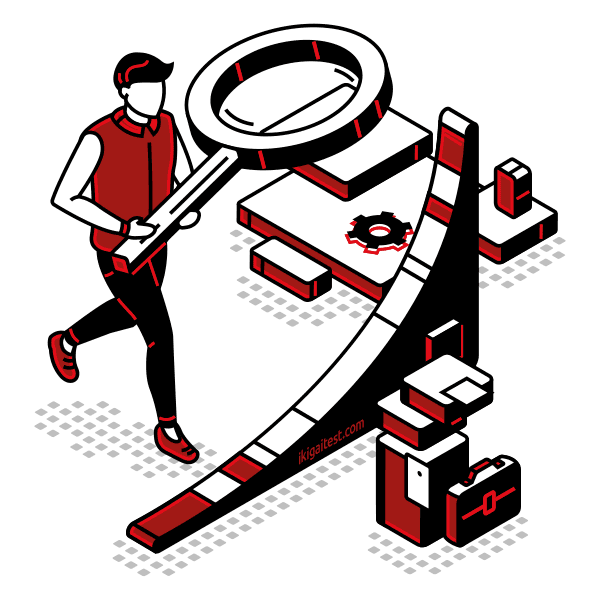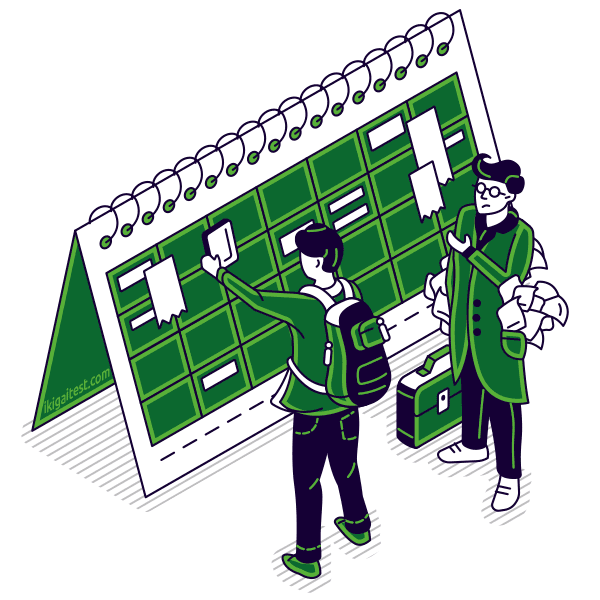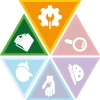Inspector

Inspectors should be great at:
- Estimating sizes, distances, and quantities; or determining time, costs, resources, or materials needed to perform a work activity.
- Observing, receiving, and otherwise obtaining information from all relevant sources.
- Identifying information by categorizing, estimating, recognizing differences or similarities, and detecting changes in circumstances or events.
- Inspecting equipment, structures, or materials to identify the cause of errors or other problems or defects.
Strategist

Most strategists should excel at:
- Establishing long-range objectives and specifying the strategies and actions to achieve them.
- Analyzing information and evaluating results to choose the best solution and solve problems.
- Developing specific goals and plans to prioritize, organize, and accomplish your work.
- Scheduling events, programs, and activities, as well as the work of others.
Other work activities related to Riggers
- Signaling or verbally directing workers engaged in hoisting and moving loads for ensuring safety of workers and materials.
- Testing rigging for ensuring safety and reliability.
- Attaching loads to rigging for supporting or preparing them for moving, using hand and power tools.
- Selecting gears such as cables, pulleys, and winches, according to the loading weights and sizes, facilities, and working schedules.
- Controlling movement of heavy equipment through narrow openings or confined spaces, using chainfalls, gin poles, gallows frames, and other equipment.
- Tilting, dipping, and turning suspended loads for maneuvering over, under, or around obstacles, using multi point suspension techniques.
- Aligning, leveling, and anchoring machinery.
- Fabricating, setting up, and repairing rigging, supporting structures, hoists, and pulling gear, using hand and power tools.
- Manipulating rig lines, hoists, and pulling gear for moving or supporting materials such as heavy equipment, ships, or theatrical sets.







